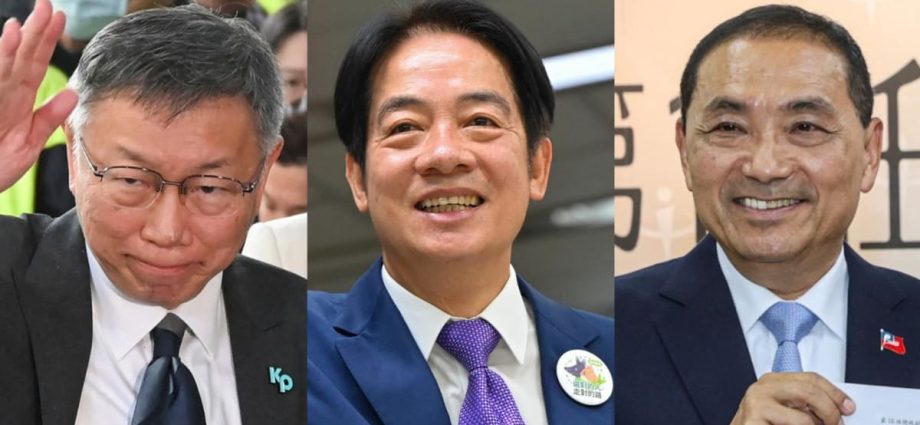
KMT senior officials including Mr Ma have also been making trips to China to meet with key figures in the Chinese government, noted Dr Huang. If Mr Hou wins, the KMT officials in charge of these visits would be “very quick to adapt to the situation” and occupy key cross-strait government positions.
“I think there’s probably going to be an emphasis first on forging pragmatic cooperative ties on functional issues,” he said. This could include jumpstarting trade agreements or having some sort of understanding that there will be greater international space for Taiwan in public health and, possibly, the International Civil Aviation Organisation.
Such issues would enable the KMT to show it is a government able to bring tangible benefits to the electorate.
The “most sensitive part, this question about what ‘one China’ actually is”, may not be talked about immediately, Dr Huang reckoned.
For the US, a KMT win is “not a bad development either”. It reduces the likelihood of having to “worry about Taiwan and getting drawn into an unnecessary conflict in the Taiwan Strait”, he said.
There may, however, be the concern that Taiwan would be “pulled into China’s orbit more closely and so it would lose its strategic ally and partner”.
Taiwan will continue to buy arms from the US to improve its defence capability, as Mr Hou would still need the US and other countries’ support in resisting Beijing’s unification efforts, said Dr Qi.
For Southeast Asia, a win for Hou would mean less pressure to choose between supporting Beijing, or supporting Taiwan or the US, in the unlikely event of a conflict, the analysts said.
“If the KMT government were to be elected, I think there would probably be a temporary sigh of relief for most Southeast Asian governments (which) don’t have to be wedged in between this conflict between China and Taiwan,” said Dr Huang.
Mr Hou, a career police officer, has said he wants to expand the New Southbound initiative to encompass the entire Indo-Pacific region, noted Dr Jing Bo-jiun, senior research fellow in Taiwan Studies at the University of Oxford.
At a press event in December, Mr Hou said the DPP’s New Southbound Policy was not working as claimed by the ruling party, and proposed expanding its focus.

